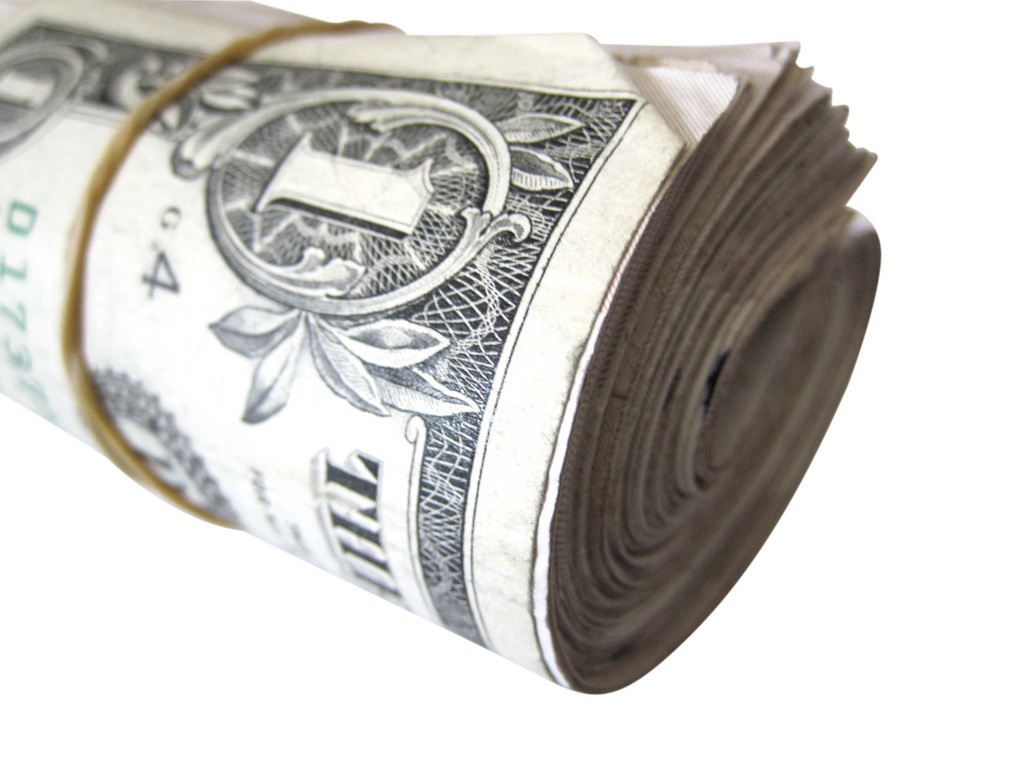| The same $100 bill buys different amounts in each of the 50 states. That shouldn’t surprise anybody. A two-bedroom apartment in Mississippi costs about $769 per month, according to MyApartmentMap.com. The same unit would cost about $2,785 in New York. A gallon of gas costs $1.81 in South Carolina, according to gasbuddy.com. It costs $2.32 in Utah and $2.74 in Hawaii. Those figures have a significant impact on the standard of living in each of these states, as well as on how much someone would need to earn in order to live comfortably. Many of us instinctively understand this, especially if we travel frequently. |
| | But we seem to ignore it when it comes to political discussions about things such as the minimum wage. The Tax Foundation, a non-partisan research organization, just published its annual report of how much $100 is worth in each state. It buys $84.67 worth of stuff in Washington, D.C., and $111.86 worth of stuff in Missouri, for example. The foundation’s website said the research shows “real purchasing power is 36 percent greater in Mississippi than it is in the District of Columbia. In other words, by this measure, if you have $50,000 in after-tax income in Mississippi, you would have to have after-tax earnings of $68,000 in the District of Columbia just to afford the same overall standard of living.” And, of course, income levels vary from state to state, as well. These often correlate with the cost of living, but not always. Incomes are high in energy-rich North Dakota, for instance, but prices have not necessarily followed suit. In addition, the cost of living can vary widely between large cities and rural areas within a single state. Taxes also vary from place to place. As the Tax Foundation notes, when prices and incomes are taken into account, our perceptions may change. For instance, people in Nebraska earn about the same per capita as people in California, but Nebraskans can buy a lot more for their money and are, therefore, richer — even without beaches and Disneyland. Taking all this into account, the debate over whether to raise the federal minimum wage to $15 per hour takes on new meaning. Such a thing would have greater significance in Mississippi than in New York, and it would mean more in Binghamton than in Manhattan. A buck simply is not a buck everywhere you go. If we’re going to have a minimum wage, perhaps the discussion should be over separate regional minimums, or rural and urban ones. Or maybe it’s hopeless for the government to fairly set the value of an hour of unskilled labor in the private market. |


 RSS Feed
RSS Feed

